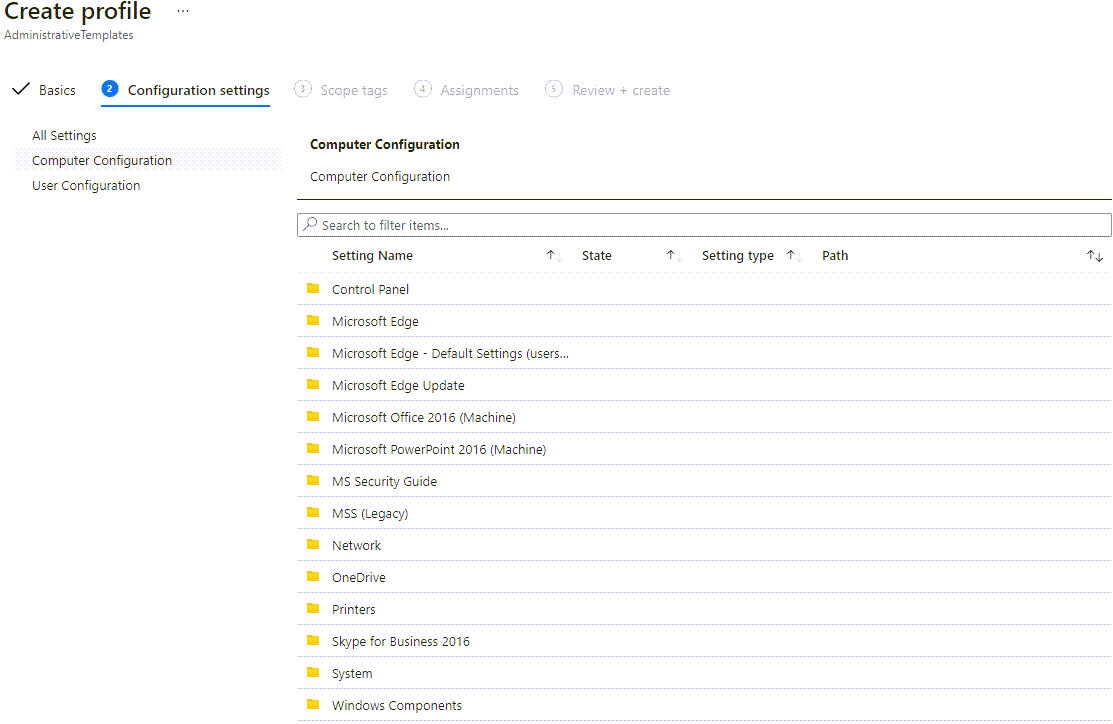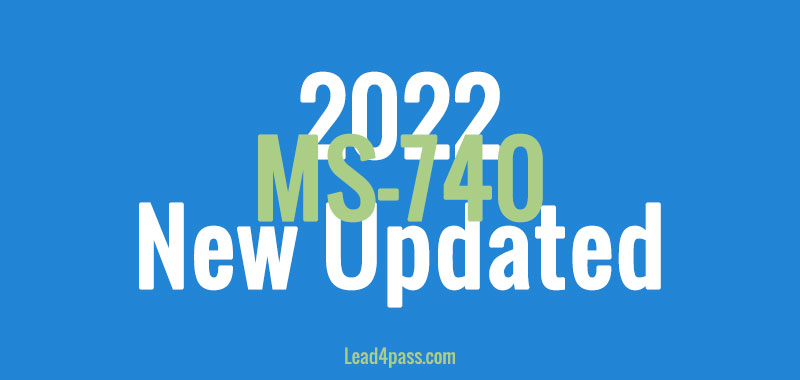
I’ve noticed you struggle to collaborate when.You bring to our team, and your contributions don’t go unnoticed.You did an excellent job collaborating with to.Performance review comments about teamwork and collaboration Over the next, I’d like to see you step up and lead.Phrases to use if your employee needs improvement… You’re always willing to speak up and contribute fresh ideas in team meetings.Your team provided positive feedback about your ability to and.Your team has exceeded their goal to by.You stepped up to the plate to lead to.Phrases to use if your employee is meeting expectations… Performance review comments about leadership You’ll need to expand beyond these templates, but they’ll help you get the conversation started - and sometimes that’s the hardest part. You should insert relevant details to provide specific, helpful, and meaningful feedback to your employees. In this section, we’re breaking down some helpful templates and phrases in several different categories. But, uhh.how do you do them right?ĭelivering honest remarks about an employee’s performance can have you tripping over your words and wiping your sweaty palms on your pants. When done right, your performance reviews offer plenty of advantages for both you and your staff. One of the best ways to support career development is to provide your employees with access to plenty of learning opportunities. They make your employees feel supported and encouraged, as well as allow you to collaboratively hash out action items to pursue their career goals. When 37 percent of employees say they’d leave their jobs if they weren’t offered opportunities to learn new skills, these conversations are important. Career Development: A performance review is a chance for managers and direct reports to connect about career goals, and how the company can support employees in pursuing those ambitions.Data from Gallup shows that frequent, strengths-based feedback can reduce turnover by nearly 15 percent. Retention: It makes sense that satisfied employees stick around longer.While your performance review shouldn’t be the only time you’re offering feedback, it’s a great opportunity to show employees that you’re invested in their growth and success. In fact, one study found that nearly 34 percent of full-time employees said they’d prefer to receive more feedback from their supervisors. One study found that 72 percent of respondents thought their performance would improve if their managers would provide more corrective feedback. When you deliver feedback effectively, you can get the best work out of your direct reports.

Performance: Your employees will struggle to perform at their best level if they don’t get honest feedback about how they can do better.However, these conversations are still well worth having for a number of different reasons.

Your employees might not cartwheel into your performance reviews, and nerves are normal on both ends. What are the benefits of performance reviews? These conversations typically happen every six months or every year. Performance reviews are intentional, scheduled conversations and not sporadic, random chats. What is a performance review?Ī performance review (also called a performance evaluation or a performance appraisal) is a formal conversation where a manager will offer feedback to an employee.ĭuring a performance review, a manager will discuss the employee’s recent achievements, how they’re fulfilling their responsibilities, their progress toward goals, and areas of improvement - with the objective of helping that employee perform even better moving forward.

In this guide, we’ll share some performance review examples (tips and phrases) to make sure your performance conversations and evaluations are productive, rather than anxiety-inducing wastes of time. While there are undoubtedly some company-wide rules you need to abide by, the good news is that you have quite a bit of control over your employees’ performance review experience. Yikes! Needless to say, there’s some room for improvement when it comes to performance reviews. A whopping 96 percent of managers are dissatisfied with their organization’s performance management practices (which includes performance reviews). Take some comfort in the fact that you aren’t alone. Dishing out constructive criticism is tough, and you want to make sure you’re delivering valuable feedback in the most effective way possible. You might be the manager, but you get nervous too. You get it - it’s nerve-racking to sit there and be evaluated and critiqued.īut here’s the thing. You’re pretty sure that your direct reports dread the performance review process.


 0 kommentar(er)
0 kommentar(er)
